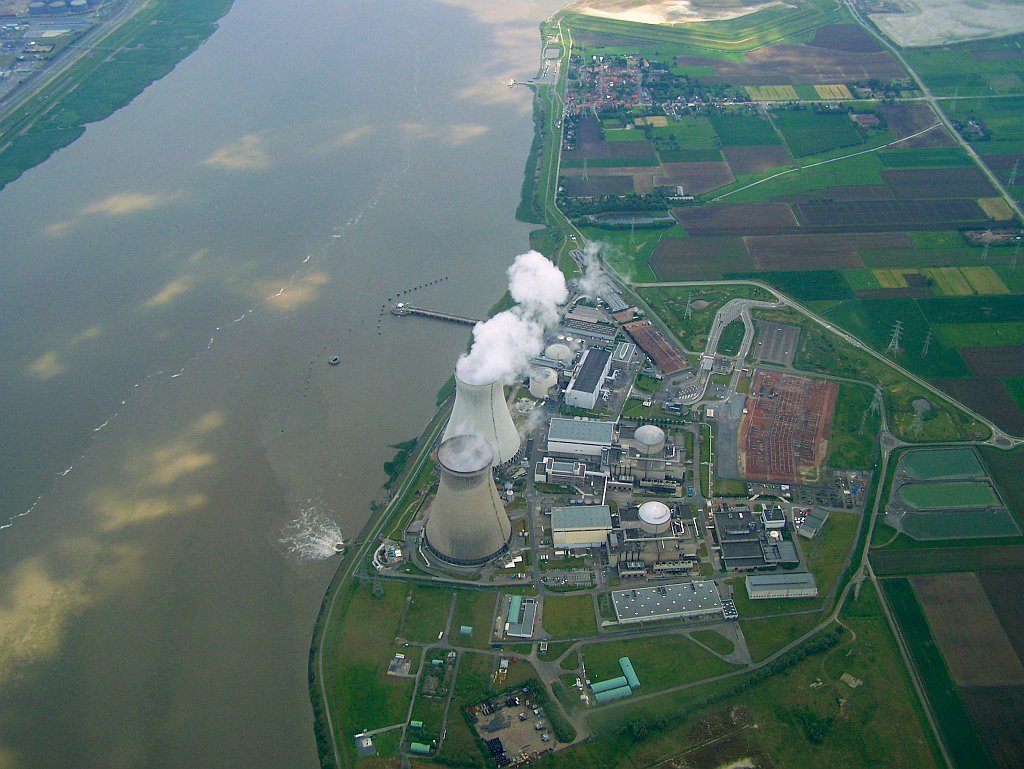
Belgium’s parliament voted overwhelmingly last week in favour of a bill that reverses a law enacted 22 years ago that mandated an end to nuclear power generation, Brussels Times reports.
It passed Thursday in the Chamber of Representatives with 102 votes in favour, eight against and 31 abstentions.
A Federal Act in 2003 forbade the building of more nuclear power plants, even though nuclear power contributed around half of the country’s electricity.
At that time, the country had eight reactors approaching the end of their design life.
It now has four, with decommissioning already underway at two.
A plan to extend the lives of the youngest – Doel 4 and Tihange 3 – by 10 years had already been agreed after Russia launched its full-scale invasion of Ukraine.
‘Energy mix based on reality’
Mathieu Bihet, the energy minister, said in a press release that the legislation would finally give Belgium “the means to guarantee an energy mix based on today’s reality”.
He said: “It is no longer a question of pitting energy sources against each other in a binary and sterile way, but of using them pragmatically and complementarily. This is a new energy era.”
He added that the move was “indispensable in light of the international context and current geopolitical uncertainty”, a reference to Europe’s loss of piped gas from Russia.
‘Bihet’s Law’
The bill was a flagship project of Bihet, who has the nickname “Atomic Boy” in Belgium, and it is popularly known as “Bihet’s Law”.
The success of the bill was helped by a shift in the stance of the Green Party, which has accepted the need for nuclear energy in the short-to-medium term, given the effect of expensive energy on Belgium’s competitiveness and cost of living.
The bill does not in itself allow work to start on building nuclear power stations, however it clears the legal way for future legislation that will provide a framework for the programme.
The move was welcomed by the Belgian Nuclear Forum, which said the 2003 law was an “aberration, with negative consequences for Belgian energy policy that we feel to this day”.
- Subscribe here to get stories about construction around the world in your inbox three times a week
Further reading:






